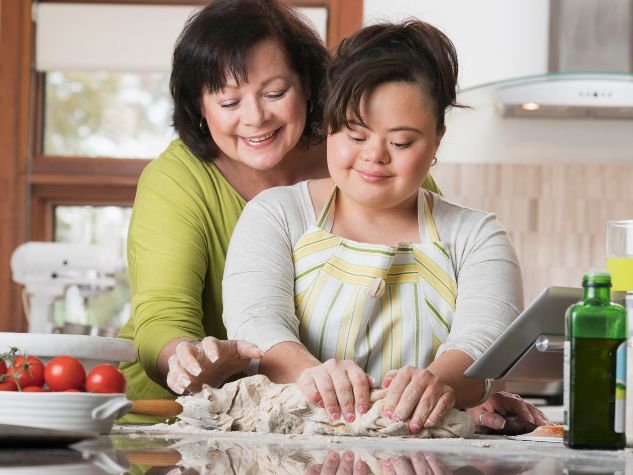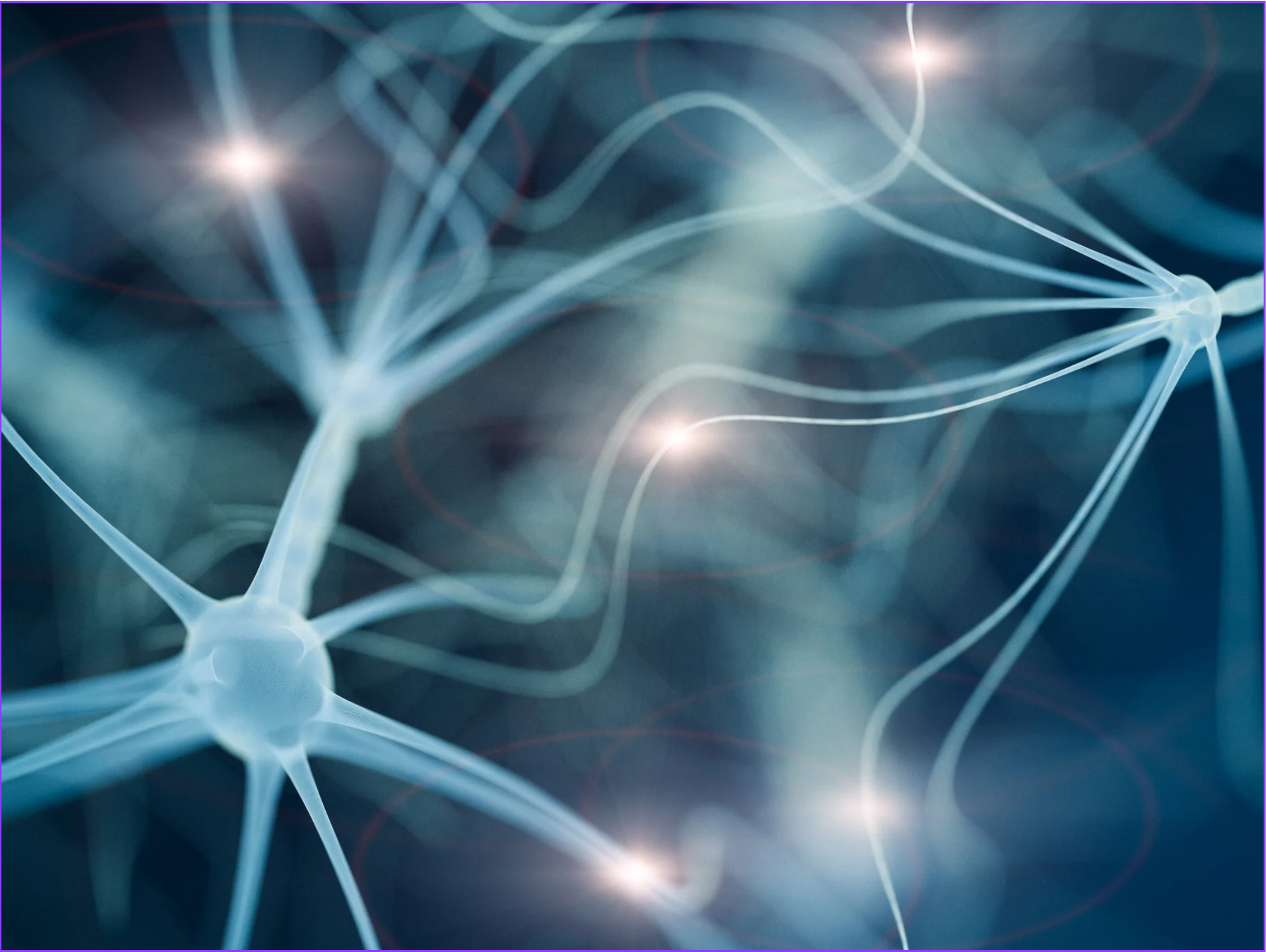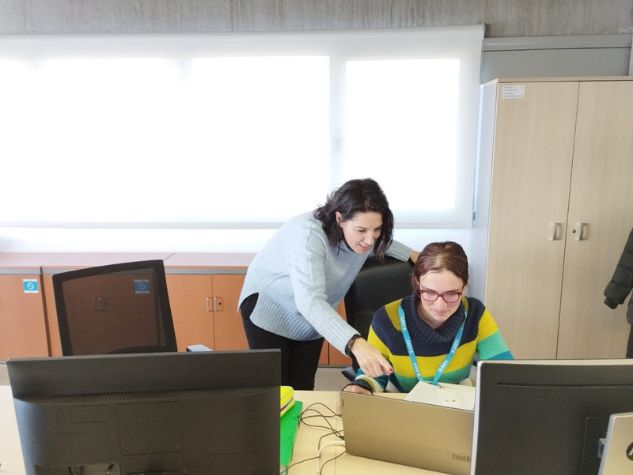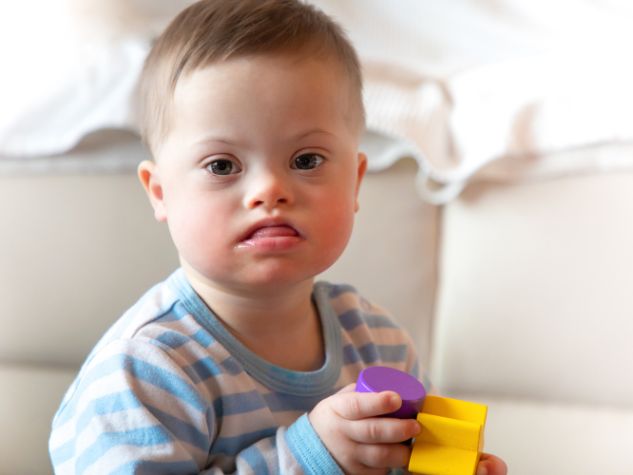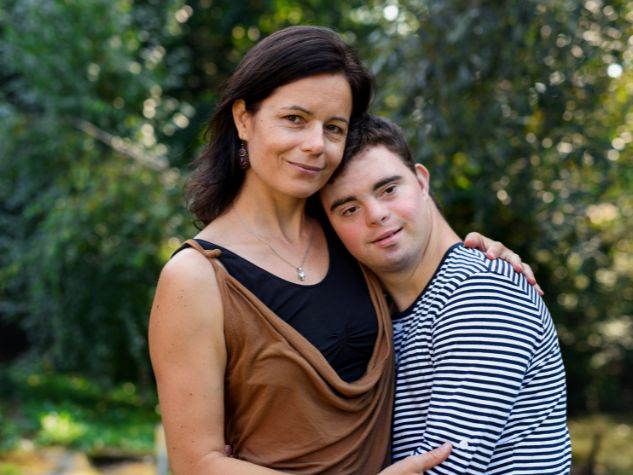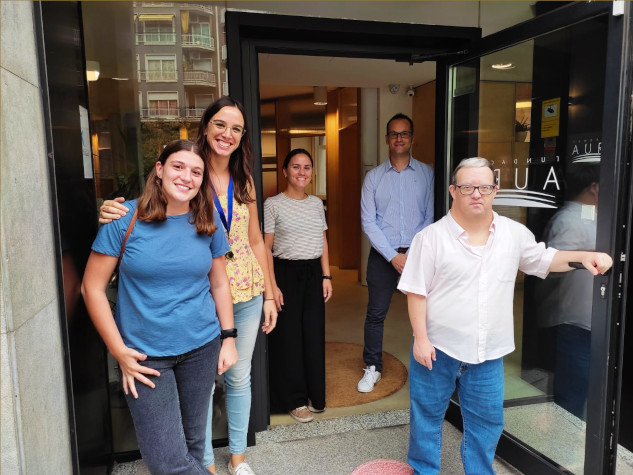Fostering Autonomy from Childhood
Introduction
Before diving into the topic, it’s important to clarify a few key concepts.
Why is positive parenting so important from birth?
Positive parenting is a practice that respects the rights of our children from the moment of their birth. This approach focuses on raising children for freedom, autonomy, and independence. Every action we take today leaves a lasting mark on their lives, fostering independence and self-confidence from childhood, which in turn contributes to a free and autonomous adult life.
What is positive parenting?
Positive parenting refers to a set of practices that include care, protection, training, and guidance for the healthy and harmonious development of children and adolescents. These practices not only address their developmental needs but also respect their rights to facilitate healthy physical, mental, and social development.
Protecting children’s rights
Positive parenting protects the rights of children, as expressed in the International Convention on the Rights of Persons with Disabilities. This convention is essential because it promotes a perspective centered on the right to an independent life, moving away from the medical rehabilitative model that focuses on “deficits” and their “compensations.”
Ensuring rights from childhood
Ensuring the right to independence from childhood is crucial for:
- Raising with a focus on independent living.
- Fostering autonomy from infancy.
- Breaking down barriers and facilitating supports that make it possible.
- Promoting a future adult life that is free and independent.
Independent living approach
Based on the 2006 convention and the paradigm of the right to self-determination, the independent living approach aims for all people to manage their lives as autonomously as possible. Key factors for achieving this autonomy include:
- Self-confidence, self-esteem, and security in oneself.
- Ability to make one’s own decisions.
- Control over one’s own life.
- An environment that allows for error and frustration as part of learning.
- An environment that offers learning opportunities.
- An environment that provides the necessary supports.
Breaking barriers and facilitating supports
To foster the autonomy of children and adolescents, it is essential to identify and eliminate barriers, as well as to provide the necessary supports:
- Barriers: Behaviors, actions, or omissions that hinder the autonomy of people with disabilities.
- Supports: Physical, psychological, emotional, and material resources that favor the development of their autonomy.
Overcoming fears and overprotection
There are many prejudices and misinformation about disability that act as barriers. Within our own families, two common barriers are fear and overprotection, which can lead to a spiral of dependency, contrary to the autonomy we seek to foster.
Tips for fostering autonomy
- Reflect on our reactions that may be obstacles.
- Be available, but also give space for privacy and independence.
- Avoid controlling situations to prevent mistakes, allowing children to learn from their errors.
- Provide individual and tailored supports for each child and moment.
- Encourage free exploration, movement, and play.
- Recognize that freedom of movement and autonomy have a positive reinforcing effect.
- Convey confidence in their abilities and make them feel secure.
- Provide tools and information appropriate to their age and stage of development.
- Promote socialization opportunities outside the family environment.
- Raise with respect and love, both for the children and for ourselves.
Raising children is not an easy task, but we are all here doing the best we can.

